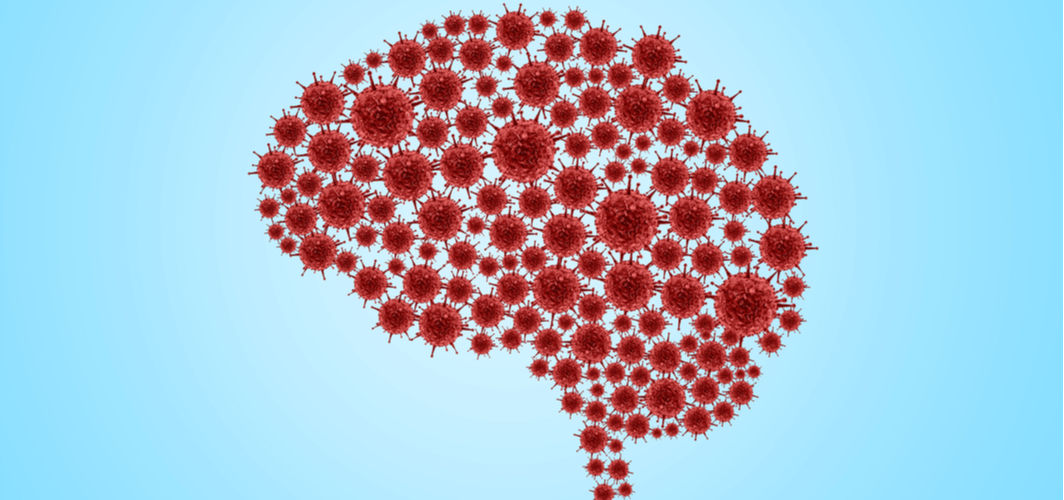Coronavirus Updates
A Quick Guide to Buying The Most Effective Sanitizers Available in The Market
4 min read
By Apollo 24/7, Published on - 30 June 2020, Updated on - 18 October 2022
Share this article
2
17 likes

Coronavirus Updates
Leave Comment
Recommended for you

Coronavirus Updates
COVID-19 May Cause Brain Damage, Studies Show
Scientists believe that brain damage could either be due to the virus or the inflammation that occurs in response to the virus.

Coronavirus Updates
All about the new Coronavirus variant - AY.4.2
Scientists have tracked more than 20 sub-lineages of the Coronavirus Delta variant, with AY.4.2 being the most recently discovered one.

Coronavirus Updates
Can Coronavirus Have a Damaging Effect on the Heart?
Heart patients can be at higher risk of severe illness due to COVID-19. However, regular monitoring of blood pressure, pulse rate, cholesterol level, etc. can lower this risk.
Subscribe
Sign up for our free Health Library Daily Newsletter
Get doctor-approved health tips, news, and more.
Visual Stories

Explained: The Highly Transmissible SARS-CoV-2 Variants
Tap to continue exploring
Recommended for you

Coronavirus Updates
COVID-19 May Cause Brain Damage, Studies Show
Scientists believe that brain damage could either be due to the virus or the inflammation that occurs in response to the virus.

Coronavirus Updates
All about the new Coronavirus variant - AY.4.2
Scientists have tracked more than 20 sub-lineages of the Coronavirus Delta variant, with AY.4.2 being the most recently discovered one.

Coronavirus Updates
Can Coronavirus Have a Damaging Effect on the Heart?
Heart patients can be at higher risk of severe illness due to COVID-19. However, regular monitoring of blood pressure, pulse rate, cholesterol level, etc. can lower this risk.